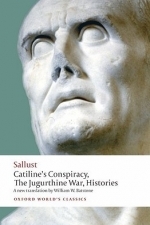The Oxford Handbook of Maximus the Confessor
Bronwen Neil and Pauline Allen
Book
Maximus the Confessor (c.580-662) has become one of the most discussed figures in contemporary...
The Visitor: Andre Palmeiro and the Jesuits in Asia
Book
In an age when few people ventured beyond their place of birth, Andre Palmeiro left Portugal on a...

Touching the City: Thoughts on Urban Scale
Book
Scale in cities is relative and absolute. It has the ability to make us feel at home in the world or...

Jakarta Airport Pro (CGK) Flight Tracker Radar all Indonesian airports
Travel and Weather
App
Flight tracker premium. #1 airport app For Jakarta and every airport in Indonesia (2500+) you get: ...

Airport (All) HD + Live Flight Tracker -all airports and flights in the world +flight status double check -radar
Travel and Productivity
App
Flight Tracker Premium. For every airport in the world (2500+) you get: +Live Arrival and...

Jakarta Airport + Flight Tracker CGK Garuda Lion citilink Sriwijaya
Travel and Weather
App
Flight tracker premium. #1 airport app For Jakarta and every airport (2500+) you get: +Live...

Catiline's Conspiracy, the Jugurthine War, Histories
Book
Sallust was one of the first classical historians to move beyond a dry recitation of fact to paint...

Berlin Airport-Tegel TXL Schönefeld SXF
Travel and Weather
App
Flight Tracker Premium. Berlin Tegel Airport (TXL) and Schönefeld Airport SXF is the main airport...

Melbourne Airport (MEL) Flight Tracker Radar
Travel and Weather
App
Flight tracker premium. #1 airport app For every airport (2500+) you get: +Live Arrival and...

